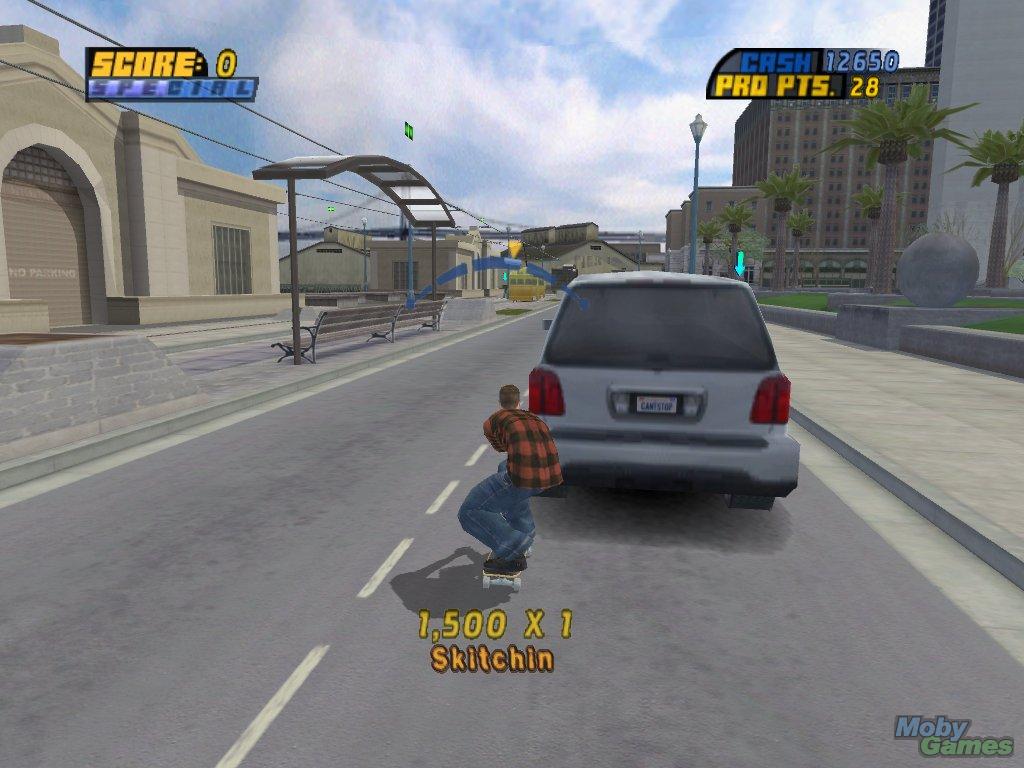History is taught with intentions to prevent similar tragedies from occurring again. But once one title was able to successfully begin a yearly cycle, it was too tempting not to repeat history. It began as something innocent, a way to recognize the vast expansion of professional skaters in an annual video game. Innocence eventually lead to a sick addiction for developers, producing a game that has little more to offer than its predecessor, in the past 15 years since the release of Tony Hawk’s Pro Skater. Lack of innovations in gameplay and redundancy running amuck in the storylines, it’s hard to reminisce about the good times playing Tony Hawk’s Pro Skater when it created a monster for franchises to come.
Madden games began during the same time in the late 90s, but games weren’t released on a consistent basis yet, and Madden games revolutionized this annual ritual. Shortly after the success of the Tony Hawk games, Madden began to pick up the same habit. Similar to the Tony Hawk franchise, Madden only made progress in the roster of professionals with each installment. Even the game fields are relatively the same since Madden reflects the authenticity of attending one of the stadiums. Resolution is the primary focus on separating the titles apart, as it leaves just enough substance for you to hate it by the time the next one is released.
When you talk about annual franchises it would be a sin not to mention Call of Duty. Every year Activision cranks out a first-person shooter that is a carbon copy of the last one. Activision is also responsible for releasing the Tony Hawk titles, funny how the same poisonous fruit grows from the same tree. Maps, abilities, and character loadouts see the bulk of progression in Call of Duty, but still manages to constantly clear over a billion dollars in record time. This success in first-person shooters gave birth to rival games, such as Battlefield, that has attracted an alarming fan base over Call of Duty by how EA sets aside the proper amount of time to see the intended changes come to life.
Ubisoft is now trying to test the water out with making the Assassin’s Creed series an annual event. Assassin’s Creed hasn’t always been pumping out content on a yearly basis, but after the second installment in 2009, there hasn’t been a year that’s gone by without a new title. People have a tendency to always want more, even if they just received something new; and just as Black Flag was released, rumors began circulating on what was next for the series. These annual franchises deconstruct the emphasis on the title at hand by creating the stigma that more is bound to come; problem is, people get too fixated on what’s next instead of what they have.
As painful as it is to say, Titanfall seems to be following the same footsteps in the Tony Hawk progression. Within the first week of the release for Titanfall, fans were already questioning when the sequel was set to come out and what it would involve. The Tony Hawk effect has begun to develop a lasting impression that seems like less of a reputation to adapt and more of cultural norm in video games now. Titles that focus on multiplayer capabilities take the brunt of the blow when it comes to games that are expected to have a consistent release date. One can only cross their fingers in hopes that Evolve will set its own pace in attempt to produce a lasting impact with one title, rather than an entire log of lackluster games.
Tony Hawk’s Pro Skater was a strong part of my childhood, being a lead cause of why I fell in love with skateboarding. But as a concerned gamer, this repetition of producing little to no new content with expectations of outselling the predecessor is on the verge of becoming out of control. Each blockbuster title aims to keep stride in a yearly struggle of domination between feuding franchises, but retrospectively, are just mirror images of one another.






